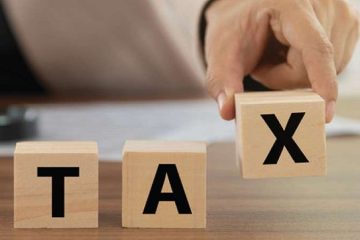The Federal Board of Revenue (FBR) has introduced updated procedures for collecting extra sales tax from electricity and gas consumers who are not listed on the Active Taxpayers List (ATL). This revision aims to enhance tax compliance and ensure that commercial and industrial users contribute fairly to the national tax system.
Applicability of Extra Sales Tax
According to the FBR, the additional sales tax is applicable under Rule 158I of the Sales Tax Rules, 2006, targeting consumers with industrial or commercial connections. If the monthly bill for electricity or gas exceeds Pak Rs. 15,000, and the consumer’s name is not on the ATL, an extra tax will be applied at a rate specified by the Federal Government.
Mode of Collection Explained by FBR
The FBR has outlined the procedure for collecting this extra tax under Rule 158J:
- Utility providers (electric and gas suppliers) must charge and collect the extra sales tax from industrial and commercial consumers whose names do not appear on the ATL.
- The extra tax amount must be clearly mentioned as a separate line item on the utility bill or invoice issued by the supplier.
- The supplier is responsible for collecting and depositing the extra tax amount in accordance with Section 6 of the Sales Tax Act.
Conditions and Limitations Under Rule 158K
The FBR has also laid down specific conditions and limitations to regulate the collection and adjustment of this tax:
- The extra tax amount collected cannot be adjusted by the supplier or consumer in their tax returns and must be deposited in full to the Treasury.
- Electric and gas suppliers must require consumers to provide their Sales Tax Registration Number (STRN) and verify it on the FBR’s website to confirm whether they are registered taxpayers.
- The supplier must verify that the name, address, and registration details provided by the consumer match the information recorded in the FBR’s Active Taxpayers List.
- If a taxpayer has multiple business locations, all such places must be properly declared in their registration profile.
- Once a consumer is verified as a registered taxpayer, the supplier must update its billing system and ensure that the sales tax registration number appears on all future bills. After this, the extra tax should no longer be charged to that consumer.
- If a consumer is later de-registered or removed from the ATL, the supplier must resume charging and collecting the extra tax from the following billing cycle.
The FBR’s revised guidelines reinforce the importance of tax compliance and aim to discourage tax evasion. By linking utility bill taxation to ATL status, the FBR hopes to encourage more businesses to register and file taxes in accordance with national laws.




